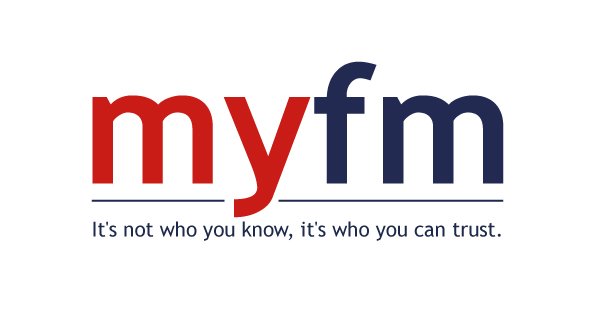The Fine Print of Trust: Our Founder's Reflection on Contracts and Relationships
We recently spoke to myfm’s founder and Business Unit Director, Ulf Muller, to gain a glimpse into his daily working life. Ulf founded myfm 20 years ago (20th Anniversary in December!) and since then has run his own very successful business unit using his love for people and relationship management to evolve and grow from strength to strength.
So we thought it’s only fair to let you in on his secrets and the unique approach to how he has made a name for himself in the FM industry.
Ulf: “Facility management contracts revolve around critical relationships, often making or breaking success.
As someone who has immersed myself in this industry, I’ve realised that the core of facility management isn't just about managing spaces but managing people and expectations through well-structured contracts. Every interaction between service providers and the client is built on these agreements, but it is the relationships that determine the duration and success of those contracts.
Facility management contracts follow a predictable rhythm—renewals, wins, losses, mobilisations, and demobilisations. With every contract that’s up for renewal or brought in fresh, there’s a balance between maintaining service standards and navigating commercial limitations. Contracts define the scope, performance indicators, and, most importantly, the financials. However, commercial models often restrict service providers to stretch their resources.
For example, a facility management company may allocate a set number of engineers or maintenance staff to a specific contract. If the scope of services increases but the contract budget remains the same, the ability to provide consistent service can become strained.
In this scenario, relationships often suffer. When a service provider is unable to go beyond the boundaries of the contract, clients may feel they aren’t getting full value, which then leads to dissatisfaction and potential loss of business. Moreover, once a contract is demobilised, the transition can be challenging, as the exiting provider may not have the incentive to ensure a seamless handover, leaving clients vulnerable to service disruptions. A good service relationship is all about connecting deeply to clients' pain points and, most importantly, listening”.
The Need for Interim Support
“To provide interim support has become my niche because I understand how essential it is to bridge the gaps when contracts are being mobilised, demobilised, or if services are scaling as expected. Interim teams offer flexibility that permanent staff often cannot, and step in during transitions or periods of high demand. Whether filling a temporary gap in management or providing extra resources for a specific project, interim support ensures that service standards are not compromised, even when contract constraints make it difficult for the permanent team to keep up.
Similarly, when demobilising a contract, interim teams are invaluable for ensuring a smooth transition, and maintaining service quality until the next provider steps in. This approach is becoming very important in today’s competitive landscape, where losing a contract doesn’t just mean financial loss, but also a dent in reputation”.
“Although clear terms and conditions govern facility management contracts, it’s fundamental to be flexible and to constantly nurture business relationships. I also prioritise the outreach, because that's the easiest one to drop and I know if I neglect that, then in months to come, I haven't got the connections or visibility I require to create continuity. This is incredibly creative because while we’re talking, we bounce things off and I give my client space to think about solutions whilst listening to their needs. I know that I have value in my professional relationships, as historically people know me, know myfm and know what we're able to do.”
“You create a match, and what I find most useful is to create some space in the middle, where I can bring these two things together, and it doesn't matter if it's permanent, interim, or a consultative piece, it's the same process.
People like and connect with people like themselves. We need to be sufficiently similar to each other to feel safe in each other's presence. So, if there's something written on a piece of paper that brings them together and builds trust, then that opens the way for them to connect.
It’s much easier than any matrix or personality test. We’ve fine-tuned our intuition with each other for millions of years, even before we had language, analytics or algorithms.
People work with people they trust and enjoy being with, and I think that's all of you. They are the two things I find most valuable”.
How is your current recruitment process working for you? Do improvements need to be made? Are you ready to make some changes?
Please contact Ulf Muller, our Senior & Executive - Search & Engagement for any company requirements you’d like to discuss.
Contact us here for a friendly (obligations-free) chat >>>


